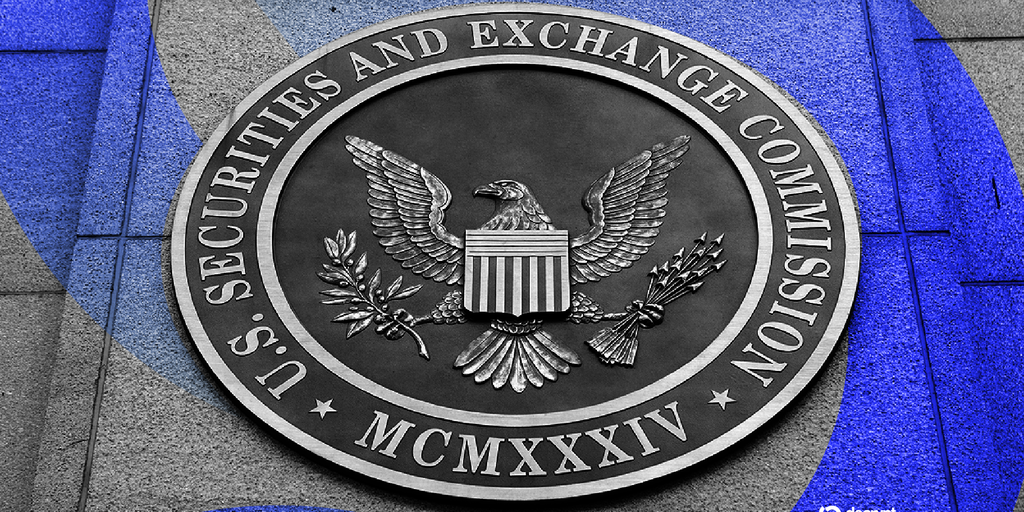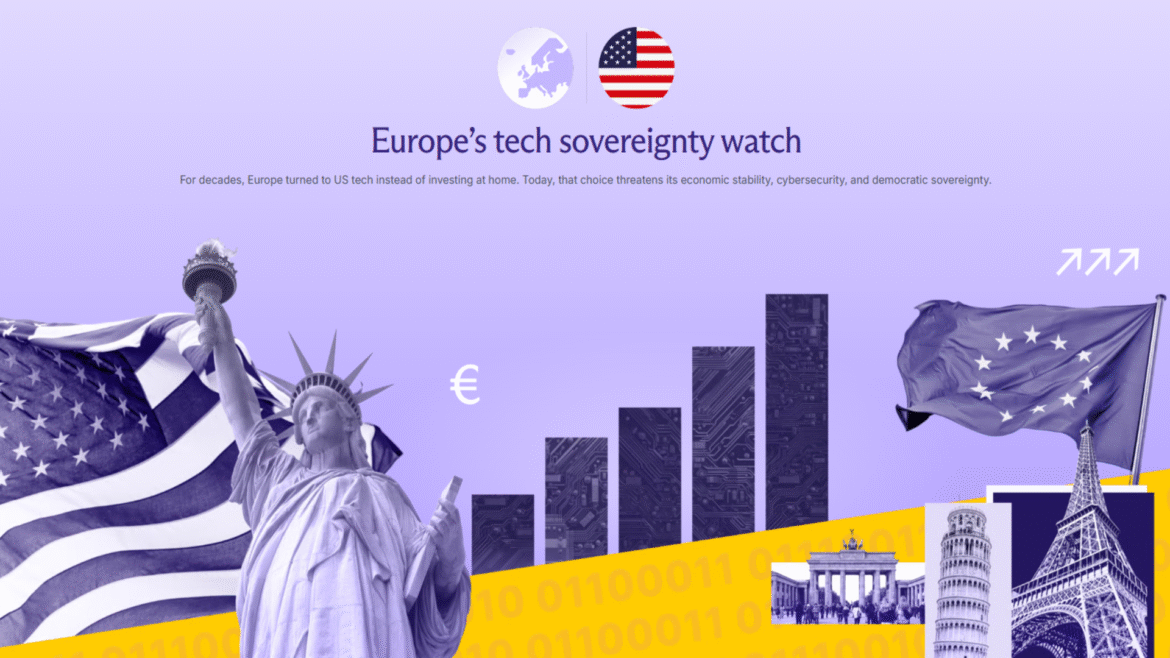Metaplanet is cementing its position as one of the most aggressive corporate adopters of Bitcoin, steadily expanding its treasury strategy.
Summary
- Metaplanet confirmed the acquisition of 5,268 BTC on Oct. 1, worth $615.7 million at an average price of $116,870 per coin.
- Its total Bitcoin holdings now stand at 30,823 BTC, acquired at a cumulative cost of $3.33 billion.
- The firm now ranks fourth among corporate Bitcoin holders worldwide, while remaining the largest listed holder in Asia.
- Metaplanet recently expanded operations with new subsidiaries in the U.S. and Japan.
Metaplanet’s Bitcoin holdings have officially reached the 30,000 BTC milestone. The Tokyo-listed firm confirmed the acquisition of 5,268 BTC on October 1, worth about $615.7 million at an average price of $116,870 per coin.
With this purchase, Metaplanet’s total holdings now stand at 30,823 BTC (BTC), acquired at a cumulative cost of $3.33 billion, about $107,912 per bitcoin. The company also reported a 497.1% year-to-date yield in 2025, reflecting the strength of its accumulation strategy, particularly after Bitcoin’s strong rally a few months ago.
Metaplanet has acquired 5268 BTC for ~$615.67 million at ~$116,870 per bitcoin and has achieved BTC Yield of 497.1% YTD 2025. As of 10/1/2025, we hold 30,823 $BTC acquired for ~$3.33 billion at ~$107,912 per bitcoin. $MTPLF pic.twitter.com/fZ6nzJ8QGC
— Simon Gerovich (@gerovich) October 1, 2025
According to data compiled by crypto.news, the current holdings place the Japanese Bitcoin treasury firm fourth among the largest corporate Bitcoin holders. It also remains the largest holder among listed companies in Asia.
Metaplanet’s accumulation through the year has been funded mainly via international share offerings and reinvested revenue. The firm also recently secured additional capital through an overseas share offering to channel fresh funds directly into Bitcoin purchases, suggesting that further acquisitions may soon follow.
Alongside building one of the largest corporate Bitcoin treasuries, the company has also begun broadening its business structure.
Metaplanet advances Bitcoin treasury strategy with business expansion
In September, Metaplanet announced the establishment of two subsidiaries in the United States and Japan, marking the first major expansion of its business since adopting its BTC-focused treasury strategy in 2024.
The company said the U.S. subsidiary will handle income generation through derivatives trading and related services, while the Japan-based unit will focus on media, events, and other Bitcoin-related services. CEO Simon Gerovich has regularly indicated that the company’s dual-phase strategy is driven by the belief in Bitcoin as a strategic hedge and growth engine, emphasizing the long-term bet on the asset.
With its 30,000 BTC milestone, Metaplanet has now achieved its year-end target set earlier in May. It remains to be seen whether the company can maintain its current pace of accumulation to meet its longer-term goals of 100,000 BTC by 2026 and 210,000 BTC by 2027.










